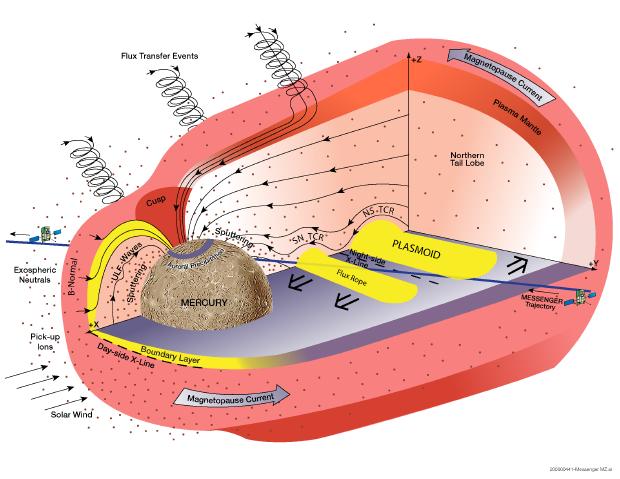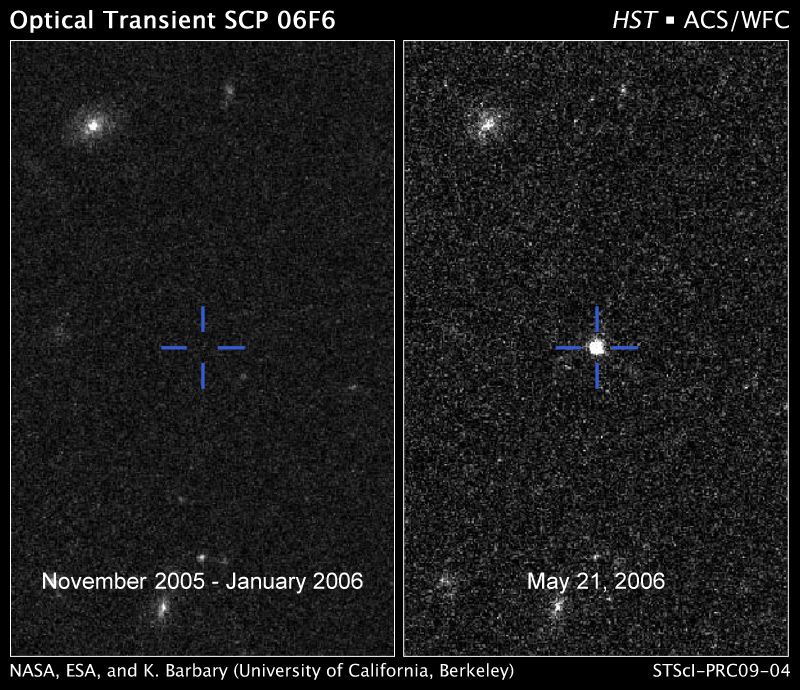ELAD, the Extracorporeal Liver Assist Device, is a bedside system that treats blood plasma, metabolizing toxins and synthesizing proteins just like a real liver does.
Artificial livers have been attempted since the 1960s but because previous designs didn't use human liver cells, they couldn't adequately filter toxins or create chemicals essential to metabolism and blood-clotting. ELAD is the first artificial organ for liver patients that uses immortalized human liver cells.
In cell biology, 'immortalization' is when a genetically engineered cell line can reproduce indefinitely.
Scientists here have determined that combining bed bugs' own chemical signals with a common insect control agent makes that treatment more effective at killing the bugs. The researchers found that stirring up the bed bugs by spraying their environment with synthetic versions of their alarm pheromones makes them more likely to walk through agents called desiccant dusts, which kill the bugs by making them highly susceptible to dehydration.
A blend of two pheromones applied in concert with a silica gel desiccant dust proved to be the most lethal combination.
In these days of jaw-dropping trillion-dollar budgets and deficits along with current retirement obligations 7X the size of our economy, $6.3 billion may not sound like much. But, hey, a billion here and a billion there, and pretty soon you are talking about real money.
$6.3 billion what the United States potentially could save on each group of adolescents who enter foster care every year - and get better results.
Mercury, closest planet to the sun, is as hot as you would expect, with daytime temperatures of 800 degrees Fahrenheit/450 degrees Celsius and because of its small size, its gravity is weak, only about 38 percent of Earth's.
These conditions make it hard for the planet to hold on to its extremely thin atmosphere, which can can only be seen by special instruments attached to telescopes and spacecraft like MESSENGER (MErcury Surface, Space ENvironment, GEochemistry, and Ranging). Even then it's not easy because Mercury's magnetic field gets in the way. MESSENGER's first flyby on January 14, 2008, confirmed that the planet has a global magnetic field, as first discovered by the Mariner 10 spacecraft during its flybys of the planet in 1974 and 1975.
Sequence gaps in human chromosome 15 have been closed by the application of 454 technology. Researchers writing in Genome Biology have described a simple and scalable method for finishing non-structural gaps in genome assemblies.
Manuel Garber worked with a team of researchers from the Broad Institute of MIT and Harvard, Massachusetts, USA, to develop an approach for closing class III gaps, those non-structural gaps that are refractory to clone-based approaches, using 454 sequencing.
We're somewhat lost in how to meet future carbon footprint goals. Heck, Germany should have been able to just close a few Soviet-era East German factories and hit their Kyoto protocol targets but even they couldn't do it.
The answer, as always, may be in nature. Some parts of outer space are great at getting rid of excess carbon, including an unusual carbon-rich star that was part of a mystery stellar explosion recorded in 2006.
 The Scorched Cherry Twig And Other Christmas Miracles Get A Science Look
The Scorched Cherry Twig And Other Christmas Miracles Get A Science Look $0.50 Pantoprazole For Stomach Bleeding In ICU Patients Could Save Families Thousands Of Dollars
$0.50 Pantoprazole For Stomach Bleeding In ICU Patients Could Save Families Thousands Of Dollars Metformin Diabetes Drug Used Off-Label Also Reduces Irregular Heartbeats
Metformin Diabetes Drug Used Off-Label Also Reduces Irregular Heartbeats  Your Predator: Badlands Future - Optical Camouflage, Now Made By Bacteria
Your Predator: Badlands Future - Optical Camouflage, Now Made By Bacteria








